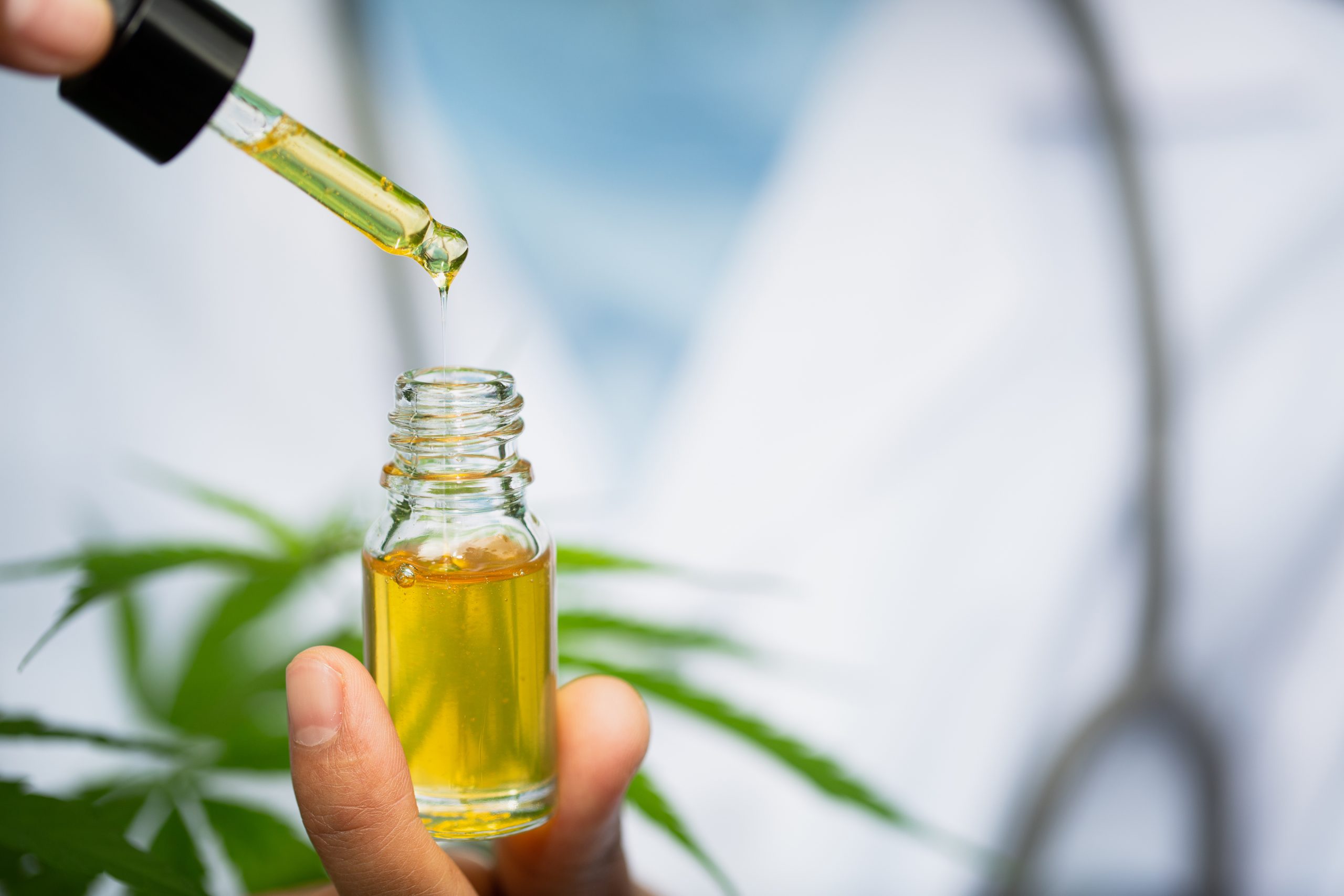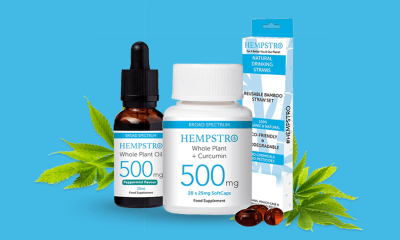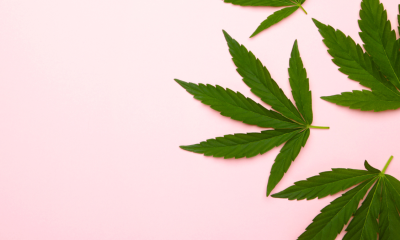More than 70% of gynaecological cancer patients benefit from medical cannabis in new study
The majority of gynaecological cancer patients enrolled in a recent study reported improvements to at least one symptom after taking medical cannabis.
The small study, published in the journal Gynecologic Oncology Report, involved 45 patients who were prescribed medical cannabis for symptoms including pain, nausea, vomiting, anorexia and insomnia.
Participants were given different products that could be inhaled or taken sublingually, with a THC:CBD ratio of 1:1.
A reduction in nausea and vomiting was reported by 70% of participants, while 36% experienced pain relief.
Just 15% of patients discontinued using cannabis due to the side effects.
The patients were already undergoing a form of treatment, with 58% receiving chemotherapy and 56% in primary treatment.
The authors said that increased education could help patients understand the benefits of medical cannabis as part of a treatment plan.
They wrote:
“This data can prove useful for counselling gynaecological cancer patients on the efficacy and side effects of medical cannabis.
“In light of the prevalence of medical cannabis use among cancer patients, improved education of both patients and providers may help increase its utilization for symptom management throughout the disease continuum.”
THC beats CBD for nausea relief
In a University of Mexico study published in May, 96% of patients reported nausea relief within an hour of consuming cannabis flower.
Researchers developed a mobile app called Releaf where patients could record the intensity of their symptoms. The study results were based on data compiled from 2,220 self-reported sessions by 886 people.
Flower and concentrates gave better and faster relief in comparison to edibles or tinctures. In the sessions where the flower was used, higher THC and lower CBD ratios were generally associated with greater relief
Jacob Vigil, associate professor, UNM psychology department, said:
“Perhaps our most surprising result was that THC, typically associated with recreational use, seemed to improve treatment among consumers of cannabis flower, while our CBD, more commonly associated with medical use, actually seemed to be associated with less symptom relief.”
Read more: More than half of UK supports relaxing psilocybin research restrictions










